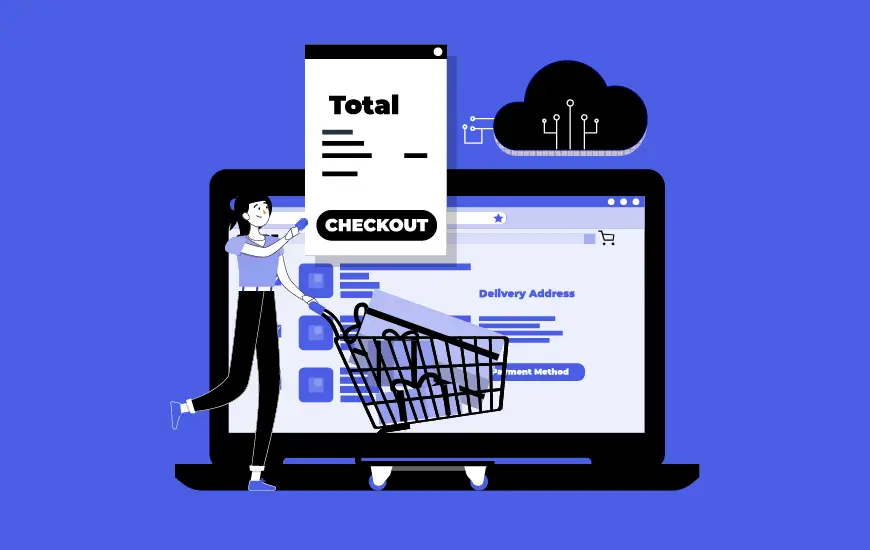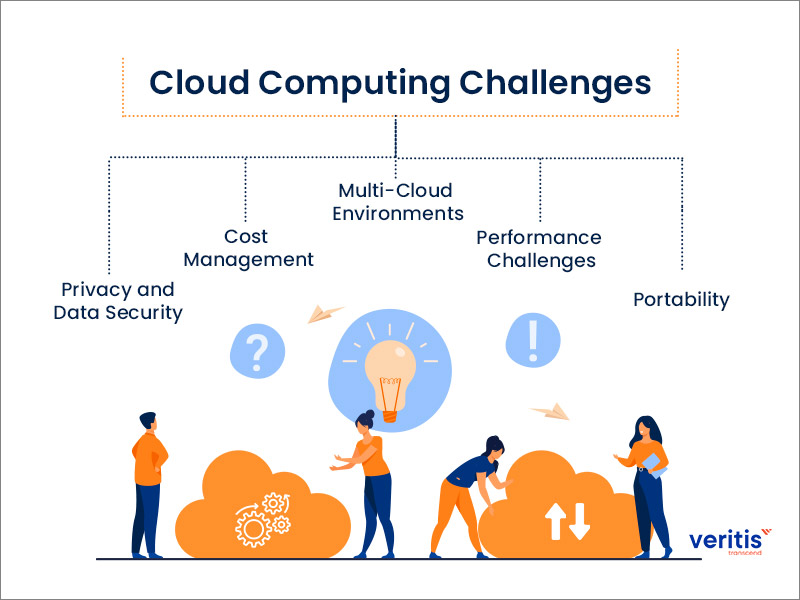
Cloud Computing in E-Commerce: Transforming Online Retail Operations
Advertisment
Cloud Computing in E-Commerce: Transforming Online Retail Operations
The emergence of e-commerce has revolutionized the retail industry, with Cloud Computing at the forefront of this transformation. By utilizing cloud technologies, e-commerce businesses can boost operational efficiency, enhance customer experiences, and scale their operations seamlessly. This article delves into the advantages of Cloud Computing for e-commerce, its key applications, and best practices for successful implementation.
1. Understanding Cloud Computing in E-Commerce
1.1. What is Cloud Computing?
Cloud Computing refers to the delivery of computing services over the internet, enabling businesses to access storage, processing power, and applications on an as-needed basis. This model provides the flexibility and scalability essential for e-commerce operations.
1.2. Significance for E-Commerce
For e-commerce businesses, Cloud Computing facilitates rapid application deployment, effective data management, and the capability to handle varying traffic volumes, especially during peak shopping seasons. The agility provided by cloud solutions is vital for remaining competitive in today’s fast-paced online retail environment.
Keywords: Cloud Computing, e-commerce, online retail
2. Advantages of Cloud Computing for E-Commerce
2.1. Scalability and Flexibility
E-commerce businesses often face fluctuating traffic, particularly during sales and holiday events. Cloud Computing empowers organizations to adjust their resources based on demand, ensuring that websites remain responsive and functional during peak times.
2.2. Cost Efficiency
Cloud services typically follow a pay-as-you-go model, allowing e-commerce businesses to bypass significant upfront investments in hardware and infrastructure. This cost-effective strategy enables companies to allocate resources efficiently and concentrate on growth.
2.3. Enhanced Performance
Cloud providers offer high-performance servers and content delivery networks (CDNs) that significantly improve website loading speeds, enhancing the user experience. Fast and reliable website performance is essential for reducing cart abandonment rates and increasing customer satisfaction.
2.4. Superior Data Management and Analytics
Cloud Computing allows e-commerce businesses to efficiently store and analyze vast amounts of data. Companies can gain valuable insights into customer behavior, sales trends, and inventory levels, enabling data-driven decisions to optimize operations and marketing strategies.
Keywords: scalability, cost efficiency, performance, data management
3. Key Applications of Cloud Computing in E-Commerce
3.1. E-Commerce Platforms
Cloud-based e-commerce platforms (such as Shopify and BigCommerce) enable businesses to quickly establish and manage online stores. These platforms provide various features, including payment processing, inventory management, and customizable templates, simplifying the e-commerce launch process.
3.2. Customer Relationship Management (CRM)
Cloud-based CRM solutions assist e-commerce businesses in managing customer interactions and data throughout the customer lifecycle. These tools support personalized marketing, efficient customer service, and enhanced customer engagement, driving loyalty and repeat purchases.
Advertisment
3.3. Inventory Management
Cloud solutions for inventory management offer real-time visibility into stock levels, sales trends, and supplier information. This capability helps businesses optimize inventory practices, reduce costs, and prevent stockouts or overstock situations.
3.4. Payment Processing
Cloud-based payment solutions ensure secure and efficient processing of online transactions. These services support multiple payment methods and currencies, providing customers with a seamless checkout experience.
Keywords: e-commerce platforms, CRM, inventory management, payment processing
4. Challenges of Cloud Computing in E-Commerce
4.1. Security and Compliance
Handling sensitive customer data makes security a top priority for e-commerce businesses. Organizations must ensure that their cloud providers implement robust security measures and comply with relevant regulations (such as GDPR and PCI DSS).
4.2. Downtime and Reliability
While cloud providers generally offer high uptime guarantees, outages can still occur. E-commerce businesses should prepare contingency plans to minimize the impact of downtime on sales and customer satisfaction.
4.3. Integration Issues
Integrating cloud services with existing systems can present challenges. E-commerce businesses should meticulously plan their technology stack to ensure various applications work seamlessly together, providing a cohesive experience.
Keywords: security, downtime, integration issues
5. Best Practices for Implementing Cloud Computing in E-Commerce
5.1. Select the Right Cloud Provider
Choose a cloud provider with a proven track record in e-commerce and robust security measures. Evaluate providers based on performance, support, scalability, and compliance with industry standards.
5.2. Establish Strong Security Measures
Implement encryption, secure access controls, and regular security audits to protect sensitive customer data. Investing in cybersecurity solutions is crucial for building customer trust and ensuring compliance.
5.3. Monitor Performance and Costs
Continuously monitor cloud performance and costs to optimize resource utilization and avoid unexpected expenses. Use analytics tools provided by your cloud services to assess performance and make necessary adjustments.
5.4. Train Your Team
Provide training for employees on cloud technologies and best practices. Ensuring that staff are knowledgeable about cloud tools and security protocols will enhance operational efficiency and mitigate risks.
Keywords: choose provider, security measures, performance monitoring, team training
6. Conclusion
Cloud Computing offers substantial benefits for e-commerce businesses, enabling scalability, cost efficiency, and improved performance. By leveraging cloud technologies, online retailers can optimize operations, enhance customer experiences, and drive growth in a highly competitive market. By understanding potential challenges and implementing best practices, e-commerce businesses can successfully harness the power of Cloud Computing for sustained success.
Advertisment












Post Comment